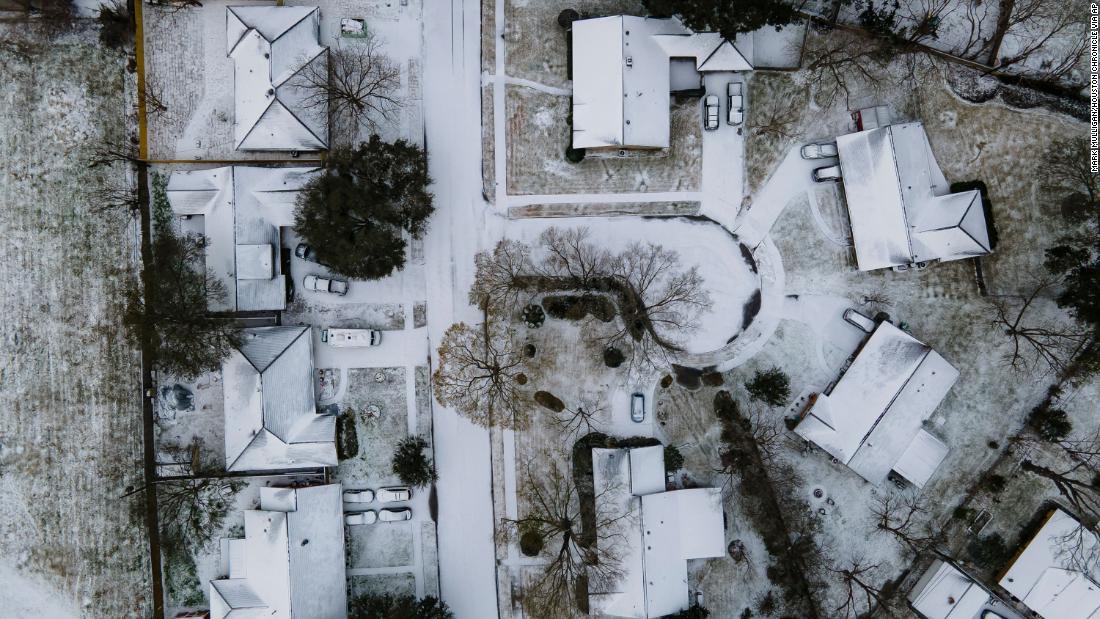People are using their grills, cars and generators to heat their homes – and carbon monoxide poisoning is increasing because of that.
As of Tuesday, at least 300 cases and two carbon monoxide-related deaths have been reported in Harris County, according to Judge Lina Hidalgo in a
update of the Office of Homeland Security and Emergency Management.
Hidalgo called the poisonings “disaster within disaster”, adding that the numbers coming out of Harris County are “just the tip of the iceberg”.
Doctors call it a public health emergency
Since Monday, the Memorial Hermann Health System in Houston has seen more than 100 cases of carbon monoxide poisoning, a spokesman told CNN.
“We see some cases of carbon monoxide poisoning when we are cold,” said the spokesman. “But we don’t normally see that many patients in such a short period of time.
Given the flow of patients, doctors at the hospital considered the situation a “very serious public health emergency”.
The Cy-Fair Fire Department in Harris County also
issued a warning this week, saying the department transported 14 people, including at least seven children poisoned by carbon monoxide in just 24 hours.
How to prevent carbon monoxide poisoning
Most intoxications are being attributed to the use of external internal devices.
Devices such as barbecue grills, campfires, generators and car engines release carbon monoxide, which, at certain levels, can cause sudden illness or death when inhaled, according to the US Centers for Disease Control and Prevention.
Carbon monoxide is colorless and odorless, making exposure difficult to detect – but it can sometimes produce flu-like symptoms, such as headache, dizziness or weakness.
A crucial way to prevent carbon monoxide poisoning is not to use devices that expel it to heat inside the home, advises the CDC.
This means not putting cars in attached garages, not burning anything on stoves or fireplaces without ventilation, and
not bringing generators inside.
The Memorial Hermann Health System said that, at this time, patient care has not been affected by the increase in poisoning. The system will continue to monitor the situation closely.
